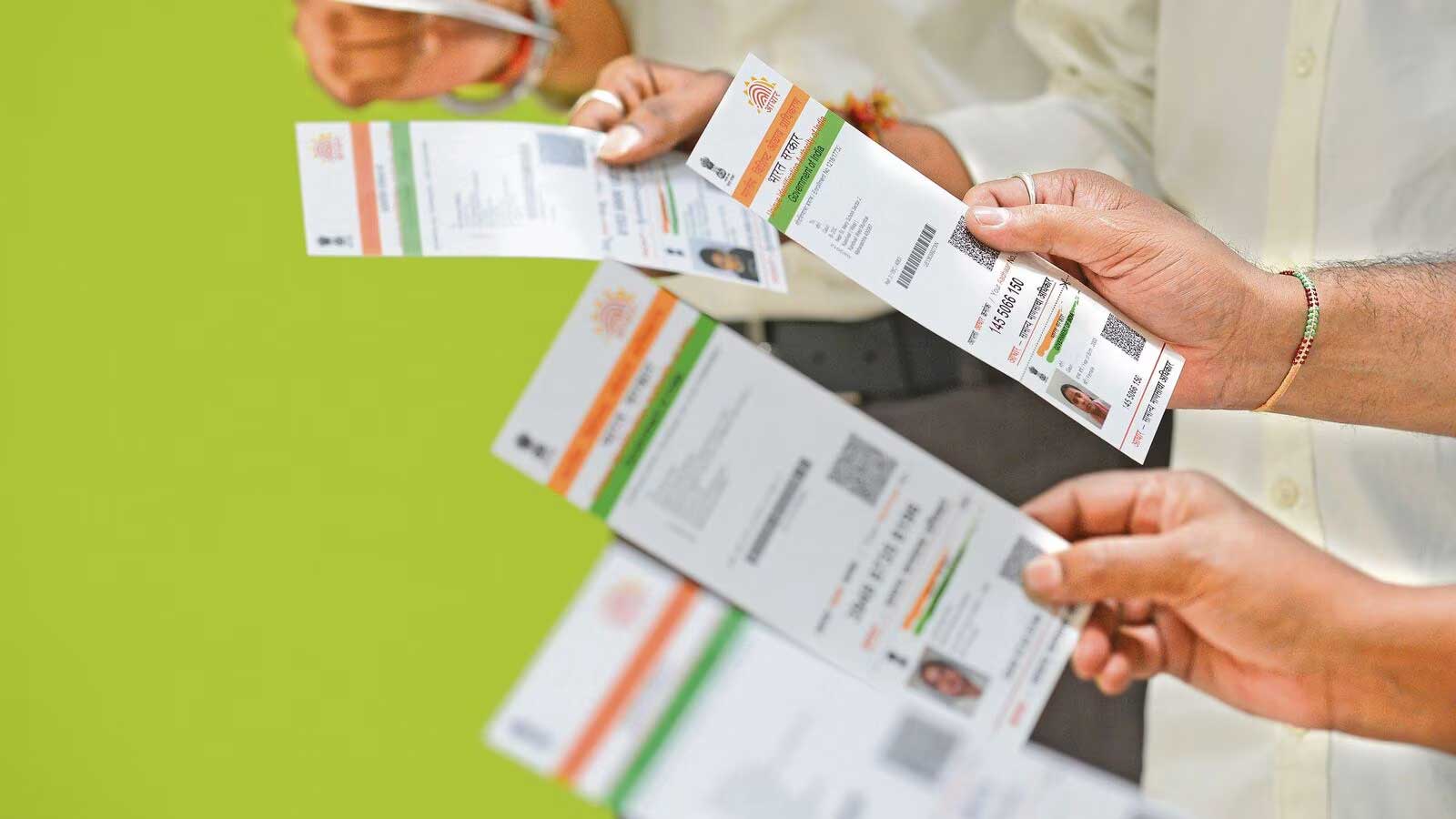The Ministry of Home Affairs has decided to allow the Office of Registrar General and Census Commissioner to authenticate Aadhar card for registration of birth and death. In November 2021, the MHA had proposed a national database of records of births and deaths and linking Aadhar information to the same. This seems to be a step in that direction.
The notification in the gazette dated June 27 states, “In pursuance of sub-clause (ii) of clause (b) of sub-section (4) of section 4 of the Aadhaar (Targeted Delivery of Financial and Other Subsidies, Benefits and Services) Act, 2016 (18 of 2016) read with rule 5 of the Aadhaar Authentication for Good Governance (Social Welfare, Innovation, Knowledge) Rules, 2020, the Ministry of Electronics and Information Technology has allowed Office of Registrar General and Census Commissioner, India to perform Aadhaar authentication for registration of births and deaths.”
Section 4 (4) of the Aadhar Act states that:
(4) An entity may be allowed to perform authentication, if the Authority is satisfied that the requesting entity is—
(b)…(ii) seeking authentication for such purpose, as the Central Government in consultation with the Authority, and in the interest of State, may prescribe.
This means that the Registrar will be allowed to perform Yes or No Aadhaar authentication, on voluntary basis, for verification of Aadhaar number being collected along with other details as sought in the reporting forms of births or deaths in order to establish the identity of child, parent and the informant in case of births, and of the parent, spouse and the informant in case of deaths during registration of births or deaths.
IN November 2021, the Ministry of Home Affairs floated proposed amendments to the Registration of Births and Deaths Act, 1969 which entailed a national database of records of births and deaths and linking Aadhar information to the same. The MHA had also expressed its intent to use this data to update the much opposed National Population Register (NPR). The Ministry had stated that the data will be used for updating NPR, Electoral Registers, Aadhar Database, Ration card database, Passport Database as well as the driving license database.
Why is centralization of this data a problem?
The Centre has clearly stated that this data will be used for updating NPR, Electoral Registers, Aadhar Database, Ration card database, Passport Database as well as the driving license database. This means, the Centre will be able to track births, deaths,
The Centre will have a record of all the registered deaths and will use the same to update NPR which will in turn be used to make the nation wide NRC. However, the question arises, what about those births that are not registered?
Based on information received from 32 States/UTs, the share of institutional births to total registered births is 81.2 percent. This means that despite institutional births, there are loopholes whereby registration of births has been missed out.
MHA notification can be read here.
Related:
New Bill to link birth and death registry with Electoral rolls in next Session: Amit Shah
Centralising record of deaths and births: Centre’s play at a future NRC?

